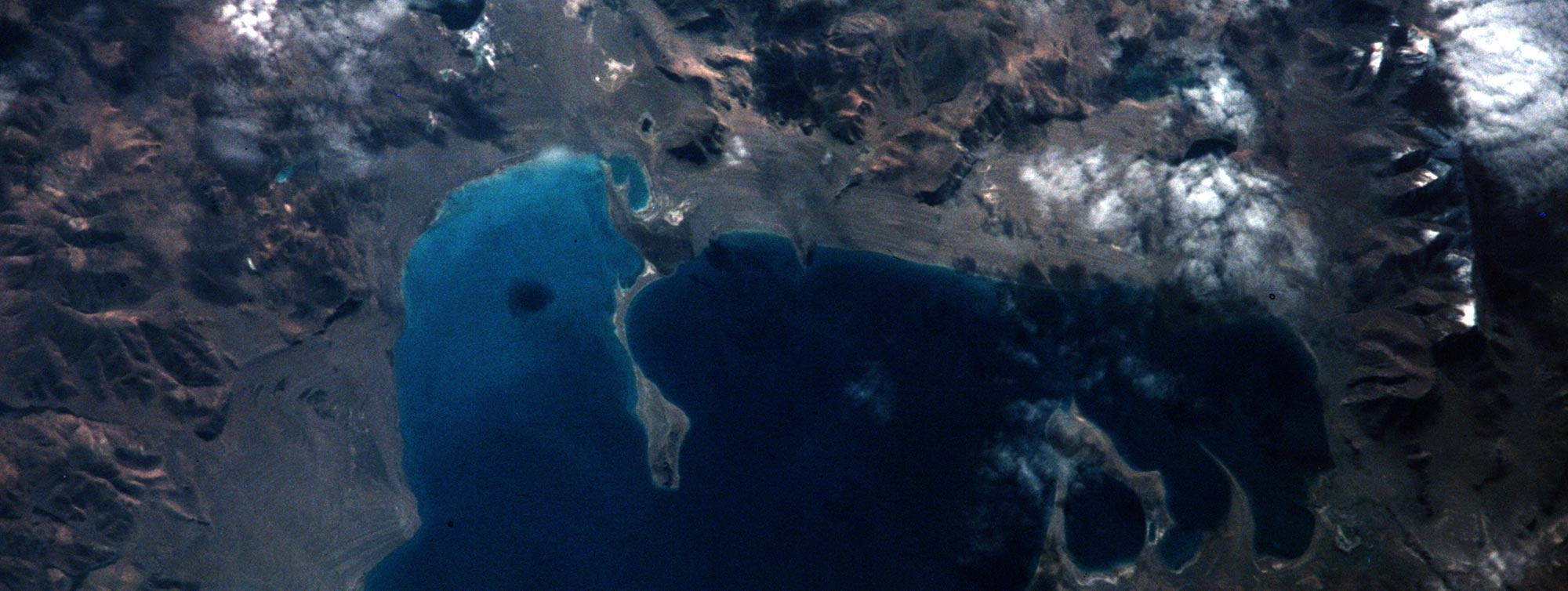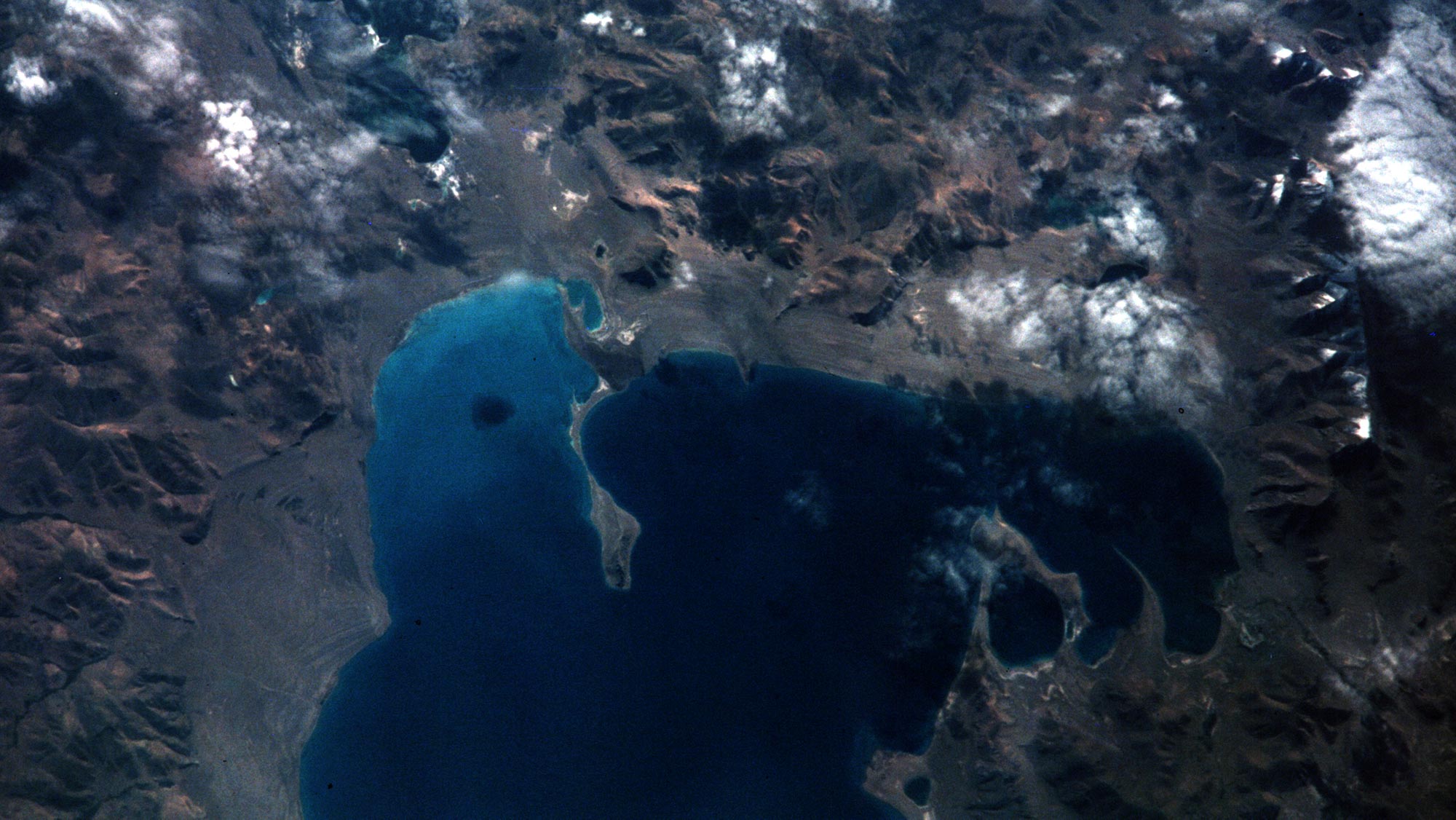Outer Spaces: Imagining the Ends of the Earth
Elizabeth DeLoughrey
English
UC Los Angeles
We know that human activity is polluting the global commons, yet the carbonized atmosphere, plastic oceans, and melting glaciers seem outside of our daily orbit. Climate change discourse relies on visualizing these three extraterritorial or ‘outer spaces’ as vital to our ecological futures: the atmosphere, the ocean, and the poles. This interdisciplinary project connects the cultural production of these spaces to Cold War science, which was fundamental to imagining a new epoch of anthropogenic climate change termed the Anthropocene. Turning to artists, writers, and photographers who have produced an ecological imaginary of these outer spaces, it draws from postcolonial methodologies to foreground the history of Cold War empire and to argue for the importance of the environmental humanities in helping us understand the mapping of the planet. This work speaks to the necessity to engage multiple disciplines, while foregrounding the importance of humanities methodologies to understand visual and narrative representations of radical planetary change. Although depicted as the ‘global commons,’ these spaces have particular cultural and political histories. During the fellowship year, the author turns to the representation of Antarctica and the nuclearized atmosphere by indigenous artists and authors from Aotearoa New Zealand and produce two book chapters.


